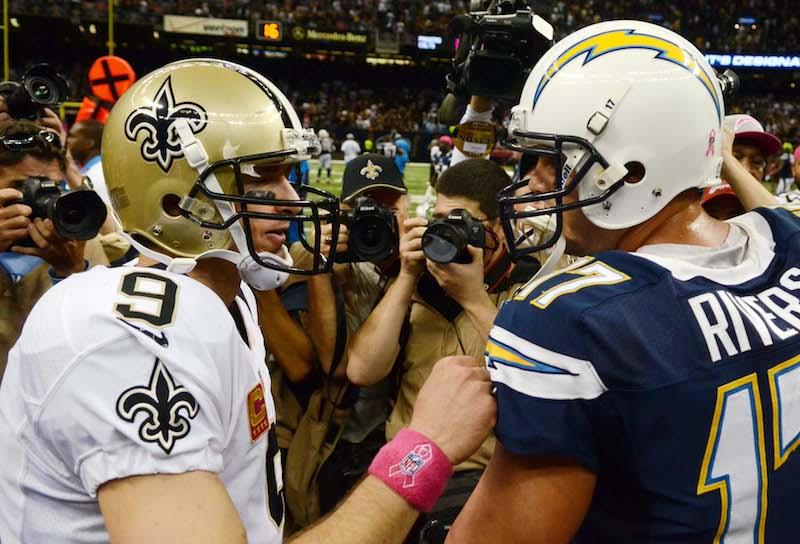Historically the beginning of NFL training camps has been characterized by protracted draft-pick negotiations and lengthy holdouts. A rookie is not allowed to participate in training camp activities without a signed contract. While discussions were proceeding, many top first-year players were sitting at home, and the beginning of their careers were marred by inactivity and inability to begin the long learning process of adjusting to pro football. In 1987, a number of top rookies did not sign until after the end of the regular-season games played with replacement players during a strike
As the rookie holdouts became protracted, negative press coverage and heated commentary hardened both sides and settlement became more difficult. This resulted in the first-year productivity of the player being hampered. Chargers quarterback Philip Rivers sat out the whole pre-season in 2004 and this enabled embattled Drew Brees to resurrect his career.

With the enactment of the 2011 NFL Collective Bargaining Agreement, this history was altered.
It contained a rookie salary cap with limited negotiability. Teams quickly offer the maximum contract allowed under the cap, and players sign. With training camps roughly six weeks away from opening, 91 percent of this year's NFL draft picks are signed with their teams.
Pre-2011 the pace of rookie signings was glacial. Neither teams nor agents wanted to be the first to sign and have their deals criticized by their peers. Team personnel took vacations in June and deferred the beginning of discussions. Some teams preferred to keep bonus money in their own bank accounts rather than pay it several months earlier to rookies. This has all changed.
This crop of rookies has spent as many as six weeks with their franchise since the draft was held. Between rookie mini-camps and OTA's they have spent time with their coaches, playbooks, and other players adjusting to pro football. They have spent time running actual plays with their peers. This will make them much better prepared and give them a head start on training camp. They sign waivers with their teams guaranteeing them protection at their cap contract amount in the case they have not signed their actual contract. And they will be on time to training camp.
The only real protected holdout in 2016 was the Charger's Joey Bosa. His issues were the timing of his bonus payment, in which he wanted no money deferred into the following year and offset language. Offset occurs when the team cuts a player, whose contract is guaranteed for skill. The team is responsible for paying that year’s salary and wants to have that payment reduced by the amount a player receives from another team. A team is unlikely to cut a first round player in the first four years, so the chance of the offset scenario occurring is unlikely.
The rapid rate of rookie signings is a major advance for franchises and players and fans. It deemphasizes financial strife, which risks alienating fans. Players have every opportunity to develop as rapidly as possible and begin their careers in a positive way. The spectre of damaging holdouts has been consigned to the trash heap of football history.
 -- Leigh Steinberg has represented many of the most successful athletes and coaches in football, basketball, baseball, hockey, boxing and golf, including the first overall pick in the NFL draft an unprecedented eight times, among more than 60 first-round selections. His clients have included Hall of Fame quarterbacks Steve Young, Troy Aikman and Warren Moon, and he served as the inspiration for the movie "Jerry Maguire." Follow him on Twitter @leighsteinberg.
-- Leigh Steinberg has represented many of the most successful athletes and coaches in football, basketball, baseball, hockey, boxing and golf, including the first overall pick in the NFL draft an unprecedented eight times, among more than 60 first-round selections. His clients have included Hall of Fame quarterbacks Steve Young, Troy Aikman and Warren Moon, and he served as the inspiration for the movie "Jerry Maguire." Follow him on Twitter @leighsteinberg.





